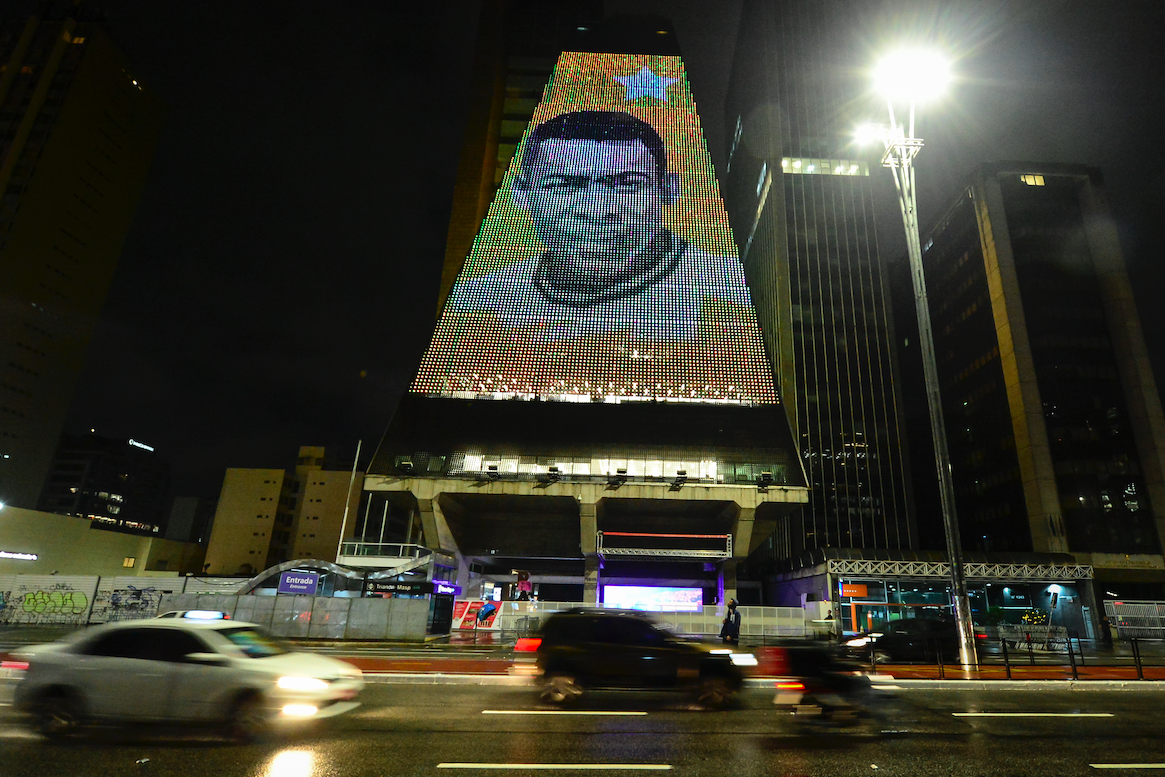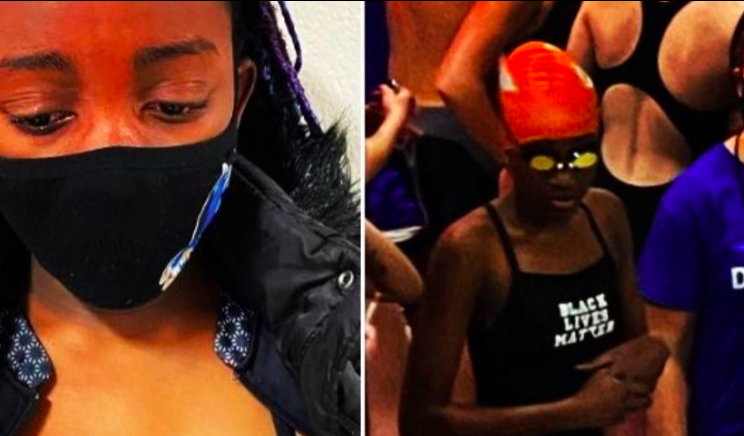On the evening of November 30, Wilton Domingos Jnior, 20, Wesley Rodrigues, 25, Cleiton de Souza, 18, and Carlos de Souza, 16, visited a popular park to celebrate with Roberto de Penha, 16, who had just started work at a nearby supermarket.
The young men returned to Costa Barros, the neighborhood where Penha lived, and were met with a wall of bullets that shredded the white Fiat they rode in.
Four officers were jailed and Rio’s state security secretary, Jose Beltrame, said of the shooting “It was a tragic and indefensible action.”
As is the case here in America, there were immediate cries from the government downplaying the obvious racial component. Rio governor Luiz Pezao being on of the most prominent among them.
That sad story first came to widespread attention in America thanks to a Washington Post story in December of 2015 titled “Why Brazil Has No Black Lives Matter Movement.”
It wasn’t the first such incident and would not be the last. In April 2014, famous TV dancer and local celebrity Douglas Rafael Pereira da Silva was brutalized and shot by police officers. 580 people were killed by law enforcement in the state of Rio de Janeiro in 2014.
All this and in the midst of Brazilian police requesting greater protection from the repercussions of their actions when said actions result in the death of the innocent. An erroneous assumption made by many Americans, both Black and White, has to do with the scope of slavery in the world.

(Photo Credit: madamenoir.com)
Failure to grasp that concept diminishes the impact of forced servitude had on building the infrastructure of the vast majority of new world nations in the minds of a great majority of its citizenry. The shameful legacy of slavery is that those who descended from its victims are statistically among the poorest in each nation their ancestors toiled in.
Some observers would be surprised to learn that Brazil has the largest concentration of Black people in the world outside of Africa. As the aforementioned article pointed out, there were marches, petitions and banners raised throughout Rio De Janeiro, but no civil unrest on the scale that occurred in the United States following the deaths of Mike Brown and Freddie Gray, no presidential speeches and seemingly no efforts to organize nationally.
For all the wrangling in the United States over whether the Black community in America is doing enough to force our countryman into addressing our collective grievances, what we often lose sight of is Black American leadership on Civil Rights and Human Rights issues. Despite the hardships that are indicative of Black folks in the States, our conditions are still light years ahead of what our cousins in other Western nations are experiencing.
On July 23, nearly 200 Brazilians and six Black Lives Matter representatives from Boston made their way through central Rio with fists raised and pictures of police brutality victims.
In Brazil, a report by Amnesty International found that 79 percent of the victims of killings by on-duty police in Rio from 2010-13 were black or mixed race. A ghastly percentage that dwarfs even that of the Wild, Wild West aka the United States.
The World Cup in 2014, the Summer Olympics in 2016, and Brazil’s Herculean poverty are recipes for disaster in the long run. Perhaps the nation of Brazil is more aware of this dynamic than most others.
In 2014, 65,000 police officers and 20,000 soldiers were stationed in Rio.

(Photo Credit: Amnesty International)
Back in 2011, Americas Quarterly wrote that Brazil would need an estimated $1 trillion in public works and spending to pay for renovating and constructing the stadiums, upgrading public transportation, ensuring its bridges are stable, creating a rapid transit train and much more.
With a 21 percent poverty rate, Brazil seemed ill able to afford masquerading its true nature as a emerging market with the mask of a developed economy.
The great majority of them are likely Black. It is highly unlikely Brazil will see a return on it’s trillion dollar upgrade. Amnesty International reported in August of last year that police in Rio killed “hundreds”, perhaps around 8,500 between 2004 and 2015. The human rights organization also said many of the shootings were often illegal. Most of them were black and between the ages of 15 and 29.
Similar to here in the United States, young black males are affected more than most. Conversely, according to police unions in the country, 114 police officers were killed in Rio in 2014 alone.
Unlike in the U.S., Brazil’s black population isn’t a racial or minority. In fact, 50 percent of Brazilians claim African ancestry. So, the idea of what is and is not racist becomes fuzzy.
But when one interjects class into the paradigm, the negative effects cannot be denied. Ideally, life of any hue should be treated respectfully and held with more reverence than sporting events.
Ideally that might be so.
However, the international prestige that comes from being the host nation of an Olympic games appears to have been too big a temptation. Rising from the shadows of Third World reputation to the heights of First World lavishness, pomp and celebration may have been too big a leap. In the end, the poor always suffer the most.



